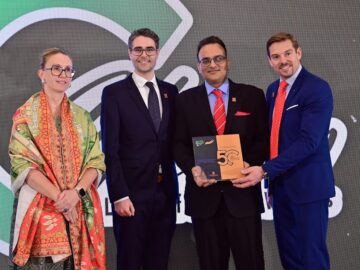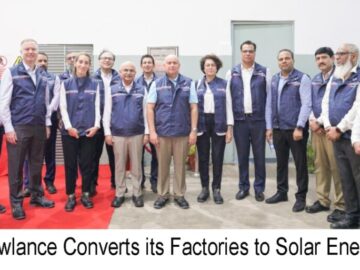Prime Minister Imran Khan has approved an ambitious three-year plan to conduct nationwide surveys for tax assessment, evaluating wealth parked in real estate and implementing a new value added tax system.
The plan, which was approved days before the government succumbed to pressure exerted by traders, also includes setting up the Pakistan Revenue Authority by June next year and restructuring the Federal Board of Revenue (FBR) in the interim period, showed the official documents.
Prime Minister Imran Khan took these decisions in a meeting which he had earlier announced to make a public university. It carries some of the recommendations given by Tax Reforms Commission over three years ago. But the TRC proposals remained unimplemented.
However, the deadlines set in the plan appear ambitious and some of the steps that were approved had also been taken in the past but were subsequently reversed – like dividing the FBR’s operations between north and south zones.
The PM approved to launch nation-wide tax assessment and documentation drive from Nov 30. The drive has been planned to be completed within two years and detailed proposals will be submitted later on. It will aim at ascertaining untapped segments including businesses, real estate and industries.
It was decided in the meeting that the tax reforms “must not create a choking effect for economy” and correct taxation measures be taken with prompt implementation instead of entanglement in extended impasses.
The prime minister approved to fully implement the value-added tax regime for all business segments over next three years. The deadline for the full VAT implementation is June 2022 for the FBR.
The VAT will be progressively implemented across various segments commencing with 3rd schedule products and gradually absorbing the complex value chain products.
The prime minister directed the Ministry of Finance to formulate comprehensive proposal for establishing the Pakistan Revenue Authority (PRA) by June next year.
The ministry was also directed to make plans for centralised collection of GST on goods and services by the PRA –a decision that cannot be implemented without the support of the provinces.










